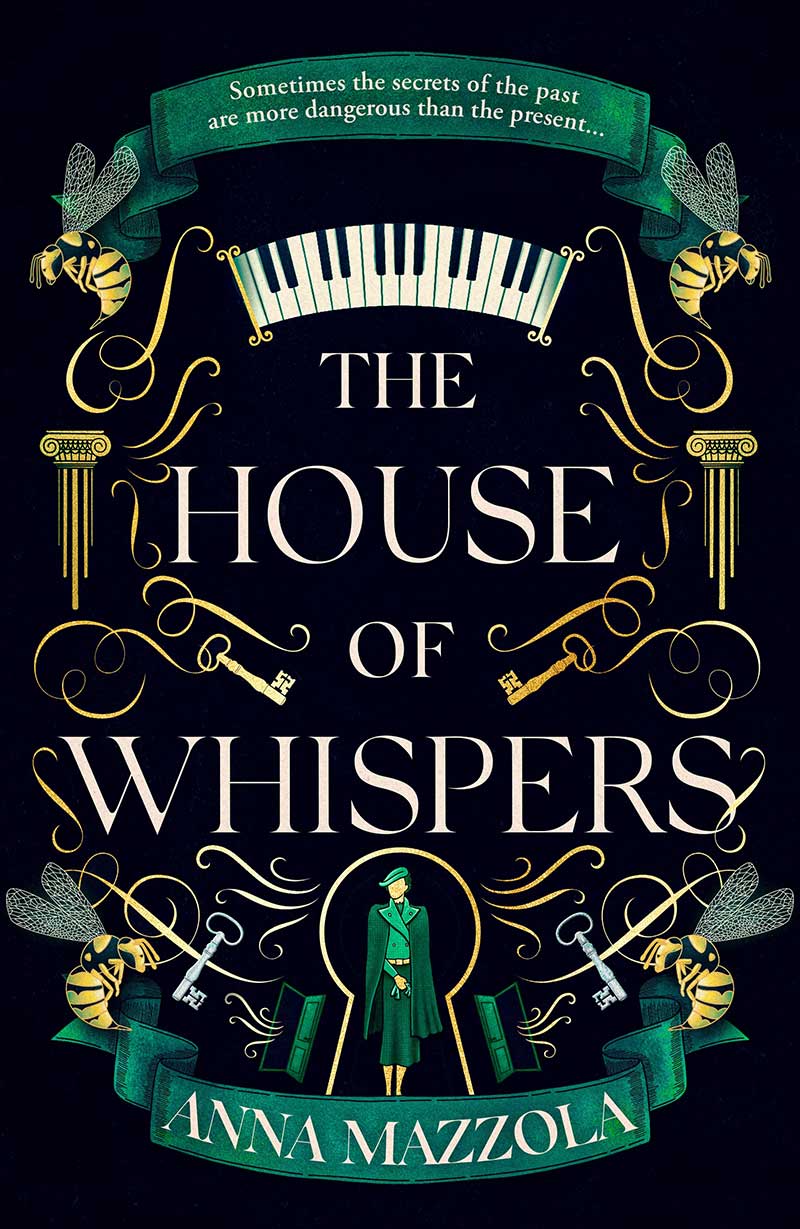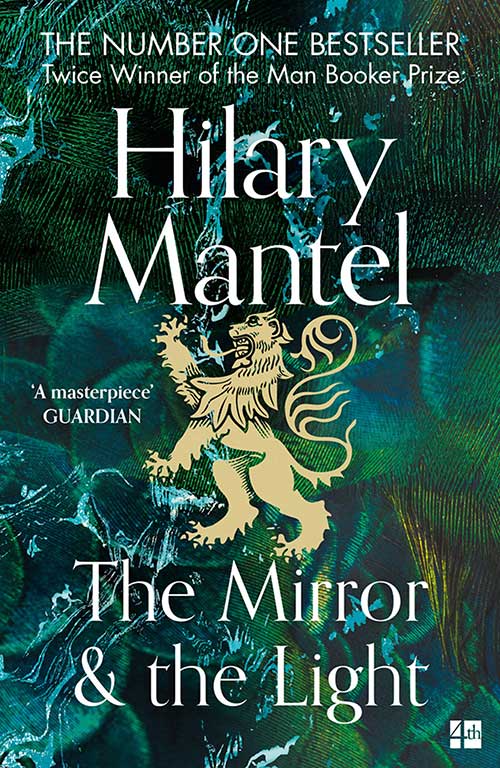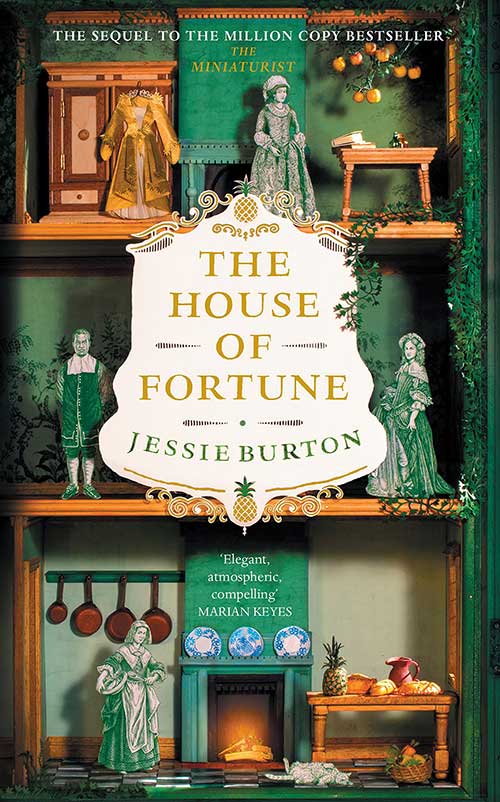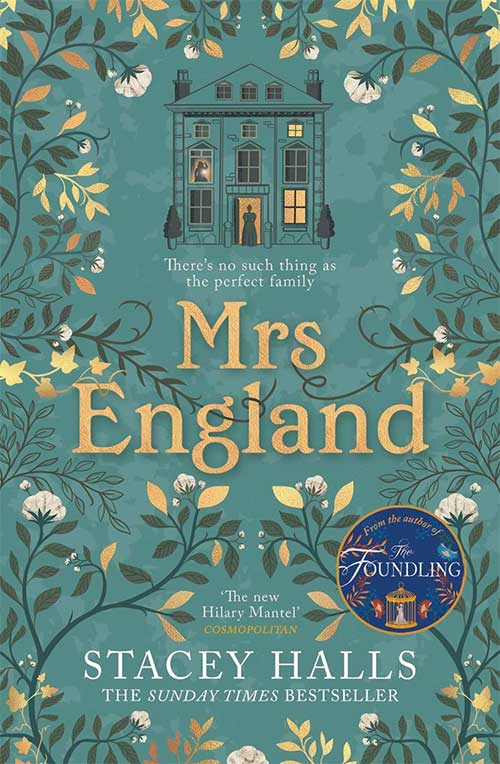On Writing Historical Fiction
This is the second in a series of blog posts discussing how to write historical fiction and following how I wrote my own historical novel, The House of Whispers.
Today, I’m asking what is historical fiction? Why write it? And how do you find a good idea?

What is historical fiction?
How far back does a novel have to be set to make it ‘historical’? A hundred years? Fifty years? Five? No one seems to agree about this. According to the Walter Scott Prize, events have to have taken place at least 60 years before the publication of the novel. According to the Historical Novel Society, it’s fifty years before publication. To my mind, it has to be set before I was born or I feel ancient, but this is not the legal definition!
Within historical fiction there are many different genres: historical romances, adventure stories, historical crime, espionage thrillers, time slip novels, and Gothic historical such as I myself am writing.
As Emma Darwin points out in her brilliant book, Writing Historical Fiction, ‘The most important thing about historical fiction is that it is fiction: a story of events that never happened, told ‘as if’ they did happen.’
Why write historical fiction?



It’s sometimes said that, thanks to the late great Hilary Mantel and the likes of Jessie Burton and Stacey Halls, historical fiction is having a golden era. However, you never know how trends in the market will work. I assume that the historical novel will continue to flourish for some time yet, but there’s never any guarantee. And as those of you who are already writing historical fiction will know, it’s a pretty darned time-consuming and research-heavy process. Unless you happen to have a doctorate in the subject you’re proposing to write a novel about (and some people do), you’re going to have to spend a long time researching your era. I personally love the research bit, perhaps too much (as I’ll discuss in a later blog), but it’s worth bearing in mind that by writing historical fiction you are essentially making life difficult for yourself, so you have to really want to do it.
It may be that the specific story you want to write is set in the past, which is what happened with me when I wrote my debut, The Unseeing. Or it may be that you really want to write historical fiction, because that’s what you’re drawn to.
Certainly, settings drawn from history give a wonderfully rich background for novels. It’s also a way to give a voice to people who have been left out of the history books: the dispossessed, the suppressed. I think some of the best historical fiction speaks for the people who couldn’t or whose voices were rarely heard: Beloved by Toni Morrison, Fingersmith by Sarah Waters.
My next novel, The House of Whispers, is about a young Slovenian woman whose community was ‘italianised’ by the Fascists when she was young and who was prevented from speaking her own language and who now feels she has to conceal her identity in order to protect herself. I like telling the stories that don’t often get told.

It’s sometimes said that, thanks to the late great Hilary Mantel and the likes of Jessie Burton and Stacey Halls, historical fiction is having a golden era. However, you never know how trends in the market will work. I assume that the historical novel will continue to flourish for some time yet, but there’s never any guarantee. And as those of you who are already writing historical fiction will know, it’s a pretty darned time-consuming and research-heavy process. Unless you happen to have a doctorate in the subject you’re proposing to write a novel about (and some people do), you’re going to have to spend a long time researching your era. I personally love the research bit, perhaps too much (as I’ll discuss in a later blog), but it’s worth bearing in mind that by writing historical fiction you are essentially making life difficult for yourself, so you have to really want to do it.
It may be that the specific story you want to write is set in the past, which is what happened with me when I wrote my debut, The Unseeing. Or it may be that you really want to write historical fiction, because that’s what you’re drawn to.
Certainly, settings drawn from history give a wonderfully rich background for novels. It’s also a way to give a voice to people who have been left out of the history books: the dispossessed, the suppressed. I think some of the best historical fiction speaks for the people who couldn’t or whose voices were rarely heard: Beloved by Toni Morrison, Fingersmith by Sarah Waters.
My next novel, The House of Whispers, is about a young Slovenian woman whose community was ‘italianised’ by the Fascists when she was young and who was prevented from speaking her own language and who now feels she has to conceal her identity in order to protect herself. I like telling the stories that don’t often get told.

Where do you get your ideas from?

Assuming that you’ve decided you’re writing historical fiction and you really want to spend your weekends working out what kind of sheep they kept in Scotland in 1857 or what vegetables were available in 1640 (the answer is turnips), where do you start?
The first step is to read everything you can get your hands on – new fiction, old fiction, non-fiction, history, newspapers, court reports. But don’t just read: go out! Go to the theatre. Watch films, drama, listen in to people on the train, go to art galleries and gigs. One of my ideas came partly from a play, another partly from the ballet. The House of Whispers came from my concerns about the rise of the far right and my interest in poltergeist phenomena. Almost all of my ideas come partly from real crimes or cases, but then I’m a lawyer, so they would.
Also consider the market – which debuts have broken through recently? Which books have had huge success? What might editors be looking for? Being aware of the market doesn’t necessarily mean following it, however. Ultimately you have to write the book you’d like to read.
In the next blog I’ll be talking about setting your own rules and finding your own voice. Happy writing!
